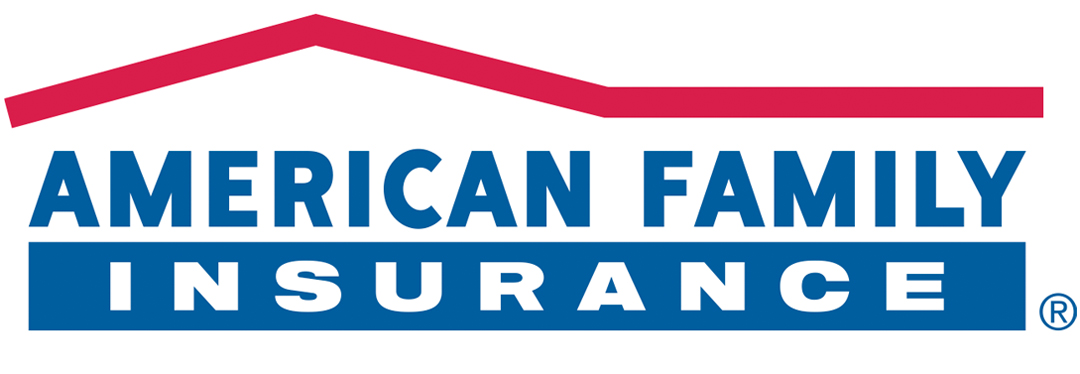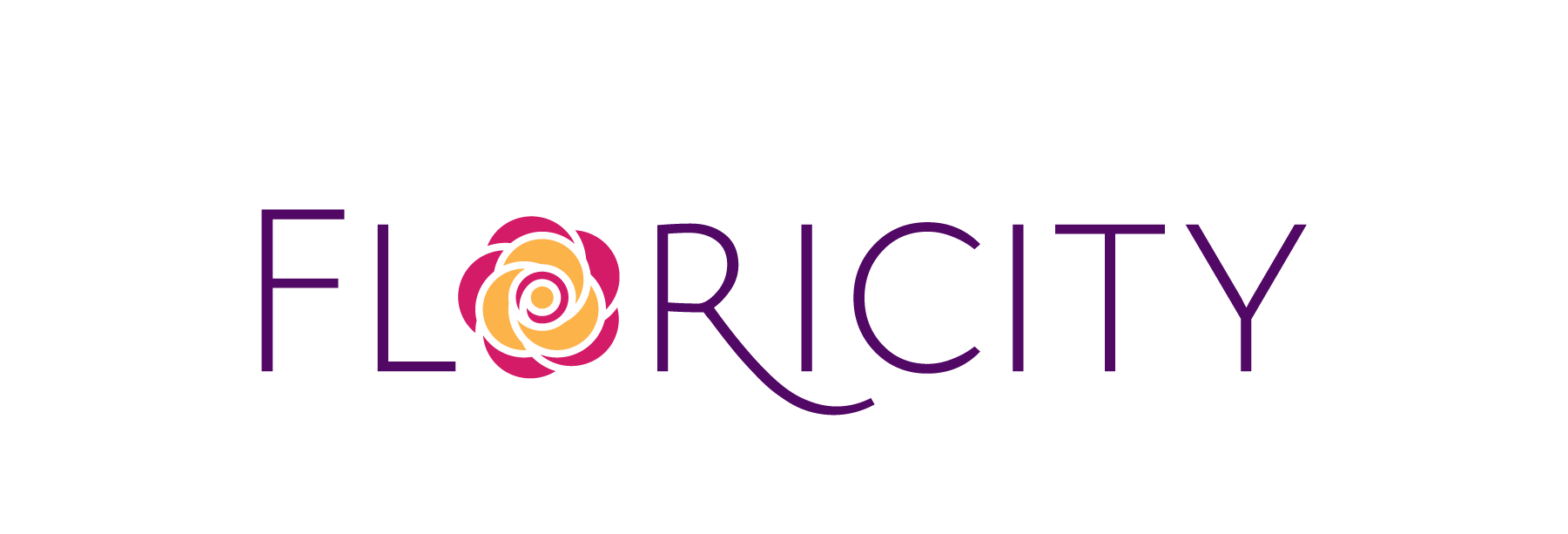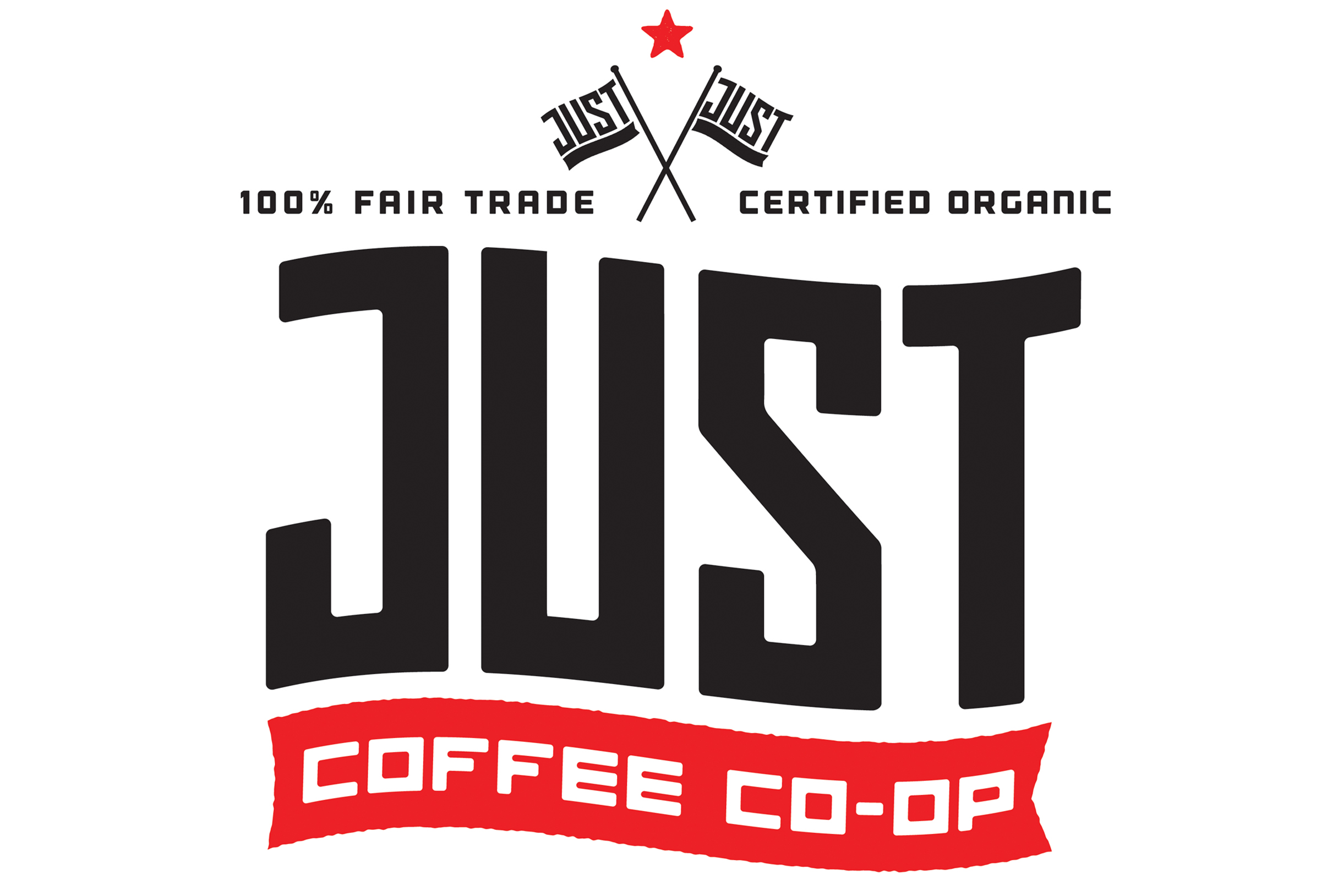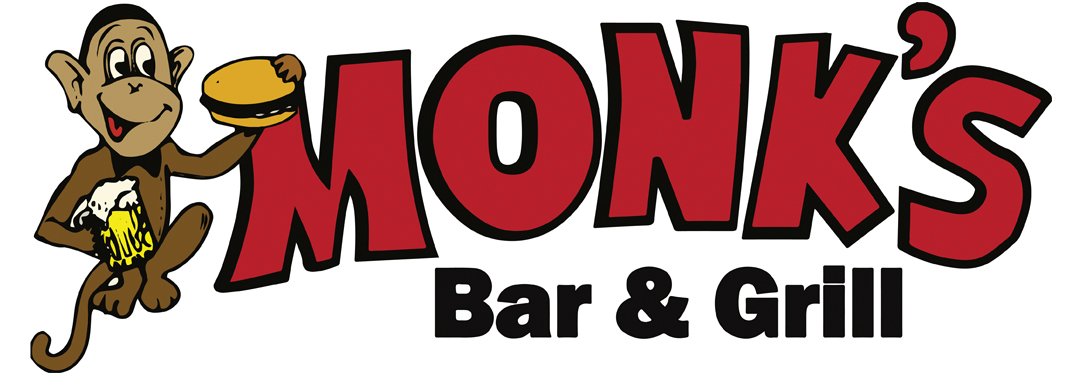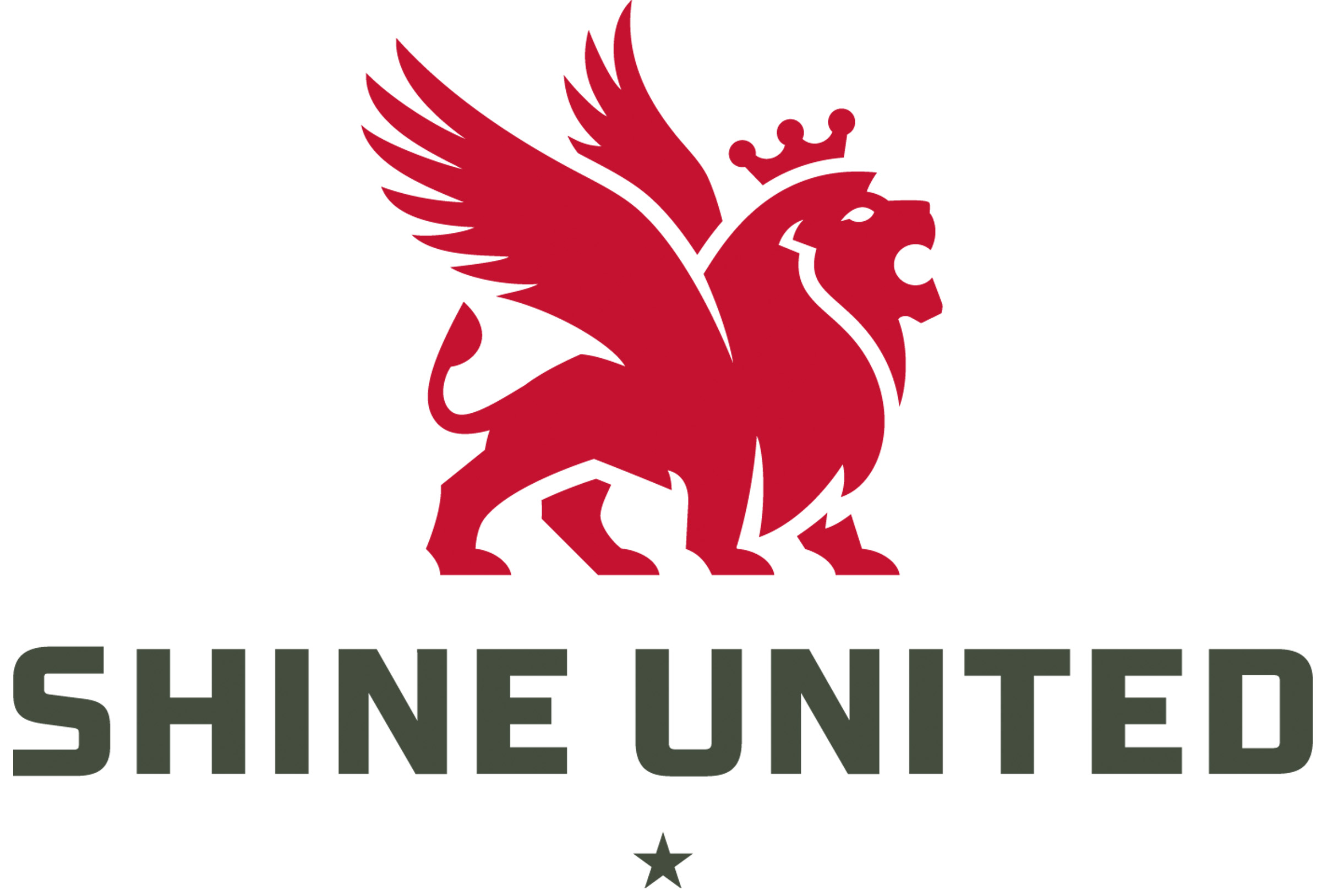‘Minions’ Rally Around Patient, UW Cancer Research
‘Minions’ Rally Around Patient, UW Cancer Research
April 27th, 2017 | Rob Kelly
‘Minions’ Rally Around Patient, UW Cancer Research
“Grab my shoes. I want to go for a walk,” said Mike Barman as he pushed the button on his recliner to help him stand. He had just looked at photos from before and during his treatment for glioblastoma—an aggressive brain cancer—and felt inspired to get out into the early spring air.
In one photo taken in early December, he looks like his old self—work clothes on and chainsaw in hand after cutting down a tree at his daughter Stephanie’s house. “After that photo was taken, it was like he aged 30 years in 30 days,” Stephanie says. “That’s been a shock to all of us.”
Before his diagnosis in August 2016, Mike was an active and strong 60-year-old who enjoyed German beer, rode a Harley-Davidson, danced the polka and worked two jobs—one at Plastics Ingenuity in Cross Plains and the other, his passion, cutting down trees and providing firewood for his loyal customers.
Now, Stephanie takes turns with her sisters Tina and Holly and her mom, Cathy, caring for Mike. Stephanie accompanied Mike on the walk. They didn’t go far—just down the driveway and into the cul-de-sac, where they paused for a few moments before going back inside—but it was a sign of hope.
“This walk was the first time in a while that I started to believe he could get back to being himself,” Stephanie says.
During a motorcycle ride in Colorado, Mike thought about retiring from his factory job, spending more time with family and friends, riding his motorcycle more and cutting wood. He did retire, but it wasn’t the retirement he had anticipated.
After the trip, Stephanie’s mom noticed that one side of Mike’s mouth drooped. Stephanie, a nurse at Meriter Hospital in Madison, thought he was having a stroke and had her mom take him to the hospital. Two hours later, Stephanie’s mom texted the bad news: two large brain tumors.
Stephanie immediately took three weeks off to be with her dad. They met with Dr. Mustafa K. Baskaya, a UW Health neurosurgeon at the University of Wisconsin School of Medicine and Public Health (UWSMPH). Baskaya told them that surgery could prolong Mike’s life. Without it, he’d likely die within weeks.
Mike was scheduled for surgery nine days after diagnosis. It felt like a long time, but it provided the opportunity to attend his company’s annual picnic, be with family and friends and take some family photos.
The surgery was successful. Baskaya was able to remove both tumors. The post-surgery MRI was clean, and Mike was off the narcotics used to manage his pain within 24 hours.
Seven weeks of radiation therapy followed. Mike tolerated the first few weeks of treatment well, but the radiation therapy sapped his energy. Dr. Steven Howard, UW Health radiation oncologist at UWSMPH, told him to rest and hoped he might feel better within four to six weeks. “Dad kept waiting for that to happen, but it never did,” Stephanie says.
Two days after his last radiation treatment, he had persistent facial twitching and expressive aphasia—“He couldn’t say my mom’s name,” Stephanie says. “It scared everybody. We thought he was having a stroke or a seizure.”
He was put on high-dose steroids for about a month and quickly lost much of the muscle he had acquired from a lifetime of working hard.
“He’s not able to do many things for himself right now,” Stephanie says. “Every day he’s getting a little bit better, and he’s being a really good sport about letting his daughters take care of him. He’s never been a guy who needed anybody to do anything for him. He was always the guy to do everything for everybody else. It’s been an interesting shift.”
Before her dad’s diagnosis, Stephanie had planned to participate in The Ride, a bicycle fundraiser for cancer research at the University of Wisconsin, to honor her Aunt Mary, who died of pancreatic cancer several years ago.
Mike’s diagnosis gave Stephanie added motivation. She decided to form a team. Throughout treatment Mike referred to his extensive support network as his minions, which provided inspiration for the team’s name—Mike’s Minions. She had t-shirts made with a cartoon character representing Mike—beer stein in one hand, chainsaw in the other—and sold hundreds of them throughout Cross Plains and the surrounding area, where Mike has lived all his life. After recouping the cost of the t-shirts, she donated the remaining proceeds to The Ride.
In 2016, The Ride’s inaugural year, eight people rode as Mike’s Minions. “Putting together the team and raising money gave me something to focus my positive energy on in the middle of something so negative,” Stephanie says.
This year, Stephanie and her team will ride once again in support of her dad and future patients who will likely benefit from the research The Ride enables.
“It makes me feel very good to know that the money raised through The Ride could potentially help my neighbors, family, friends and colleagues,” Stephanie says.
Stephanie holds out some optimism for her dad. If his cancer doesn’t recur in the next year or two, he might be able to be eligible for a clinical trial that is awaiting approval. “If not, it’s still awesome because maybe somebody else will benefit from this research, and The Ride helps make it possible.”
Join Stephanie and team by donating to Team Mike’s Minions today.
